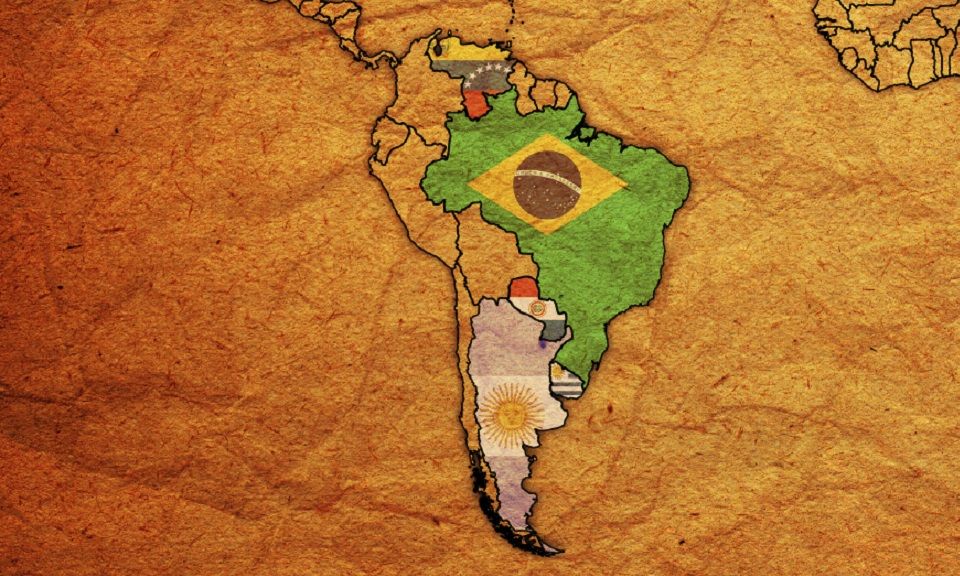Among Mercosur’s challenges is the delay in the implementation of an FTA with the European Union and the trade policy followed by Uruguay.
In a first aspect, in July 2019, the Southern Common Market (Mercosur) signed a strategic association agreement with the European Union, which was expected to come into force in 2021, once approved by the relevant legislatures of each member country. .
Broadly speaking, the objective of this agreement is to promote investment, regional integration, increase the competitiveness of the economy and achieve an increase in GDP.
However, the effect that this agreement could have on the Argentine economy and the policies implemented by the Argentine government is uncertain, according to the company Cresud Inc.
Challenges of Mercosur
Then, in October 2020, the European Parliament passed a non-binding resolution opposing the ratification of the trade agreement between the European Union and Mercosur due to concerns about the environmental policy of the Jair Bolsonaro government.
In another of Mercosur’s challenges, at a meeting of the Ministers of Foreign Affairs and Economy of the member states of that bloc, held on July 7, 2021, the representatives of Uruguay expressed the convenience of modernizing certain aspects of the trade bloc, to through a substantive, agile, dynamic, flexible and lasting negotiation agenda with third countries.
Mercosur and the United States, which had suspended negotiations in 2004, sought to resume hemisphere-wide negotiations related to the Free Trade Agreement of the Americas (FTAA) in accordance with the 1991 “Four Plus One” Agreement. Negotiations revealed significant differences between the parties and there can be no assurance that an agreement will be reached as originally envisaged.
In support of recent negotiations with third parties, Mercosur members entered into agreements with each other in the following areas: public procurement (2017), investments (2017), trade facilitation (2019), geographical indications (2019) and electronic commerce (2021 ).
Export markets
Over time, significant trade imbalances developed between the Mercosur countries as a result of various factors, from the perspective of the Uruguayan government.
These imbalances have sparked discussions and negotiations among the Member States that to date have not resulted in the convergence of national economies.
Above all, the 2001 Argentine crisis and its lasting effects negatively affected trade within Mercosur and with non-Mercosur countries and the timely implementation by the bloc of the objectives established in the 1991 Treaty, in particular the customs union.
It also triggered the adoption of various safeguard measures and caused indefinite delays in the bloc’s ability to achieve the macroeconomic coordination and stability that its member states seek.
Until now, Uruguay continues to support the long-term objectives contemplated in the Mercosur Treaty, while pursuing measures aimed at maximizing access to export markets for Uruguayan products in the short and medium term.
![]()

